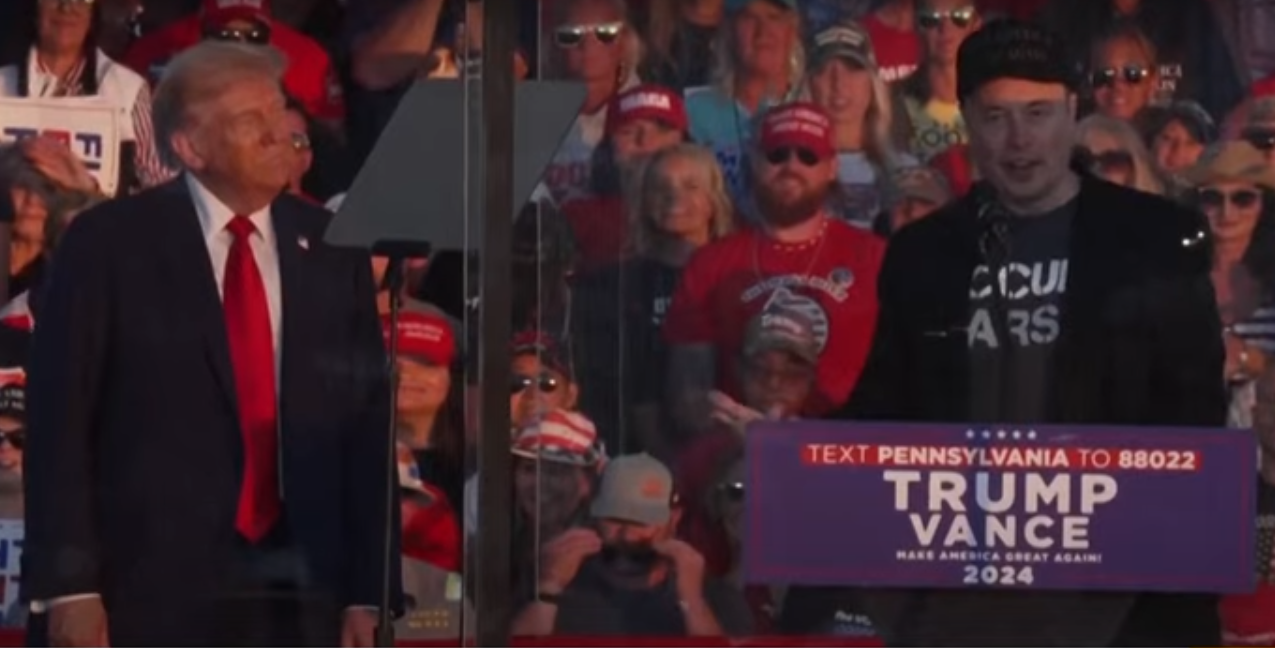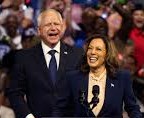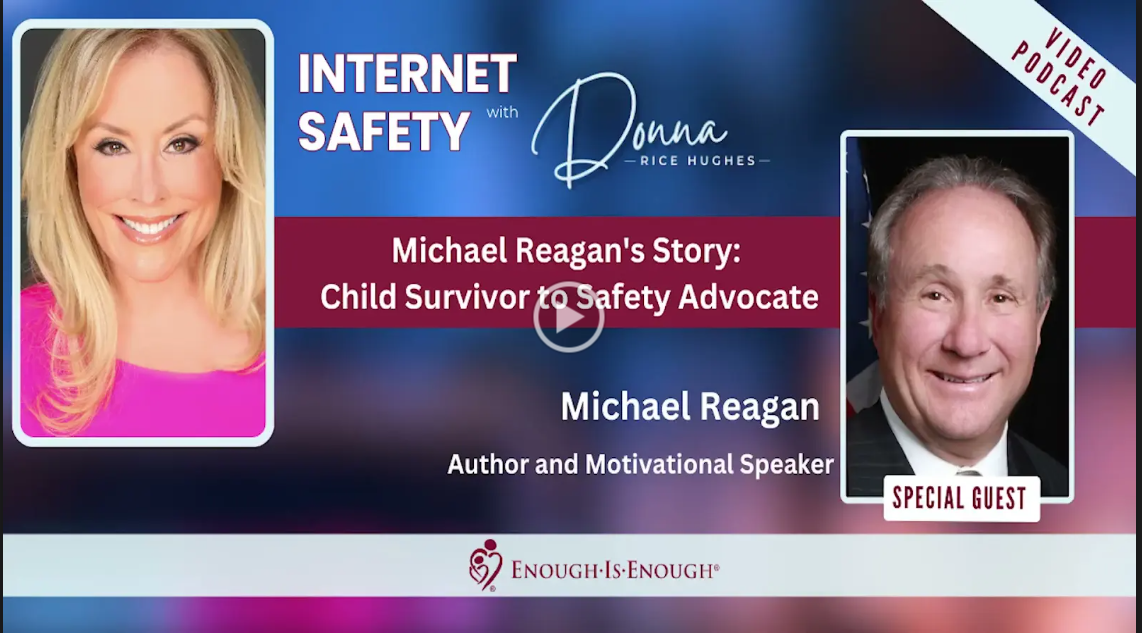In recent years, political division in the United States has deepened to unprecedented levels, creating an environment that threatens the nation’s moral foundation. The political climate has become so polarized that it now enables extremist behavior, a dangerous development we must address if we are to maintain the principles that define us as a nation. One of the most glaring examples of this degradation is the demonization of former President Donald Trump by many on the left, which has escalated to such an extreme that it has led to two known assassination attempts against him. These attempts were not isolated incidents; they were the culmination of a culture of hatred fueled by mainstream media, Democratic leaders, and left-leaning influencers.
Trump’s response to these assassination attempts, however, illustrates his resilience and toughness. When he was shot in the head, Trump stood up and, in a powerful show of defiance, encouraged his supporters to “fight, fight, fight.” Even after a second assassination attempt, Trump brushed off the attack with humor, saying he was more frustrated that he couldn’t finish his birdie putt on the golf course. These moments reveal Trump’s ability to withstand personal threats to his life with remarkable strength, prioritizing the larger issues at stake for the country. While he may not always handle the constant media barrage perfectly—something few could endure without fatigue—Trump keeps his focus on the more significant challenges facing the nation. In times of crisis, having a leader who can not only endure but also rise above personal attacks is invaluable. I would take a leader like that any day.
The United States prides itself on democracy, free speech, and moral integrity, yet we find ourselves at a crossroads where these values are being undermined. The concerted efforts by Democrats and their allies in the media to paint Donald Trump as a modern-day Hitler, a threat to democracy, and a danger to the nation have caused animosity. While criticism of political figures is part of a functioning democracy, what we are witnessing is not constructive criticism—it is the demonization of a man in ways that foster unhinged, dangerous behavior.
The rhetoric that has surrounded Donald Trump since his entrance into the political arena in 2015 has gone far beyond political discourse. Prominent Democrats and left-wing pundits have called him names like “Hitler” and “fascist,” comparing his policies to some of the most evil regimes in history. These claims are not only baseless but irresponsible and dangerous. When political opponents resort to such extreme characterizations, they blur the lines between political opposition and moral righteousness. In doing so, they create an “us versus them” mentality that justifies extreme actions against the “enemy.”
Mainstream media outlets played a significant role in fueling this fire. From day one, they dedicated substantial time and coverage to painting Trump as a menace to society, using every misstep, controversy, or off-the-cuff remark as an opportunity to paint him as a villain. For years, news headlines screamed accusations of treason, corruption, and moral depravity. Pundits rarely discussed Trump’s policies without attaching hyperbolic labels like “dangerous,” “unfit for office,” or “dictator.”
When the media relentlessly pushes such narratives, it is inevitable that some will internalize this message to an extreme. The impact of this messaging should not be underestimated. It can and has driven individuals who are mentally unstable to believe that removing Trump, even through violence, is a moral imperative. The two assassination attempts on his life are chilling reminders of this toxic environment. Both of these attempts are deeply alarming but equally unsurprising when viewed in the context of the rhetoric that surrounded Trump throughout his presidency and after.
Prominent Democrats have also been blamed for this environment. Figures like Hillary Clinton openly questioned the legitimacy of Trump’s election, stoking fears of a stolen election. Many Democratic leaders, including some who should have called for calm, instead added fuel to the fire by encouraging the public to view Trump not as a political opponent but as an existential threat. Such rhetoric makes it easier for certain individuals or groups to rationalize violence as a justified means to an end. The constant calls for “resistance” against Trump have compelled bad behaviors that would otherwise be condemned.
There are growing concerns that the hostility toward Trump may not simply be the byproduct of heated political discourse but part of a deliberate effort to remove a political figure whom they cannot control. Trump’s candidacy and subsequent presidency is a problem for the political establishment—both Democratic and in some cases Republican. His willingness to go against the status quo, challenge entrenched interests, and expose corruption made him a target not just of political opponents but of a political system that sought to destroy him by any means necessary.
Some even speculate that assassination attempts on Trump could be part of a larger conspiracy orchestrated by the very establishment that despises him. Given the intensity of the rhetoric and the lengths to which some Democrats and their allies have gone to remove Trump from the political arena, it’s not entirely implausible.
We cannot allow political division to erode our collective moral compass. No matter our political affiliations, we must hold ourselves accountable for the rhetoric we use and the actions we condone. Violent attempts to silence political opponents are not just attacks on individuals; they are attacks on the very principles of democracy. The assassination attempts on Donald Trump, fueled by hateful rhetoric and demonization, are examples of what happens when political discourse turns into moral absolutism.
If we allow the political establishment, media, and opportunistic leaders to define our enemies not just as political opponents but as existential threats, we risk fostering an environment where violence becomes justified. As a nation, we must reject this path, uphold moral integrity, and demand accountability from those who seek to divide us for their own gain. Morality must guide our politics, or we will lose the very soul of our nation.






